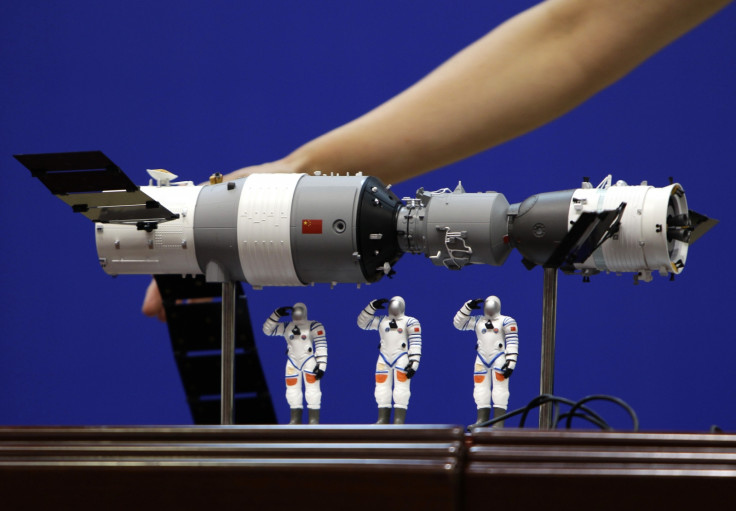China plans to send monkeys to space to study how they reproduce in zero-gravity
Soviet researchers had also tried to carry out similar experiments by sending rats into space.
China is reportedly planning to send monkeys to its newly launched Tiangong space station to understand how they reproduce in a zero-gravity environment.
The experiment will also analyse how they grow in such an environment, according to local media reports.
A report by the South China Morning Post stated that the experiment would be conducted in the space station's largest module, which is supposed to be used for life science experiments.
"These experiments will help improve our understanding of an organism's adaptation to microgravity and other space environments," said Dr Zhang Lu, a researcher at the Chinese Academy of Sciences in Beijing, per a report in The Independent.
He suggested that several smaller studies have already been conducted on species like fish and snails.
"Some studies involving mice and macaques (monkeys) will now be carried out to see how they grow or even reproduce in space," he added.
However, experts claim that carrying out such studies with large creatures is much more complex and difficult. Feeding monkeys and disposing of their faeces are some of those issues.
Some past experiments suggested that a zero-gravity environment could damage testicles or other reproductive organs of animals and organisms involved in these studies.
This is not the first time that a country has tried to carry out such an experiment. During the Cold War era, Soviet researchers managed to get a few mice to have intercourse during an 18-day space flight. But none of the mice gave birth upon returning to Earth.
China has poured billions of dollars into space flight and exploration as it seeks to build a programme that reflects its stature as a rising global power.
Its Tiangong space station is expected to operate for at least 10 years. The Chinese space station will have three modules, of which one has already been launched.
The other elements of the station will be launched over the course of the next few years. The space station will be located in low Earth orbit between 340 and 450 km above the surface, while the ISS hovers at an altitude of around 400 km.
The country is not involved in the International Space Station, as the US barred China in 2011 from being a part of it, citing concerns about "national security.

© Copyright IBTimes 2025. All rights reserved.






















